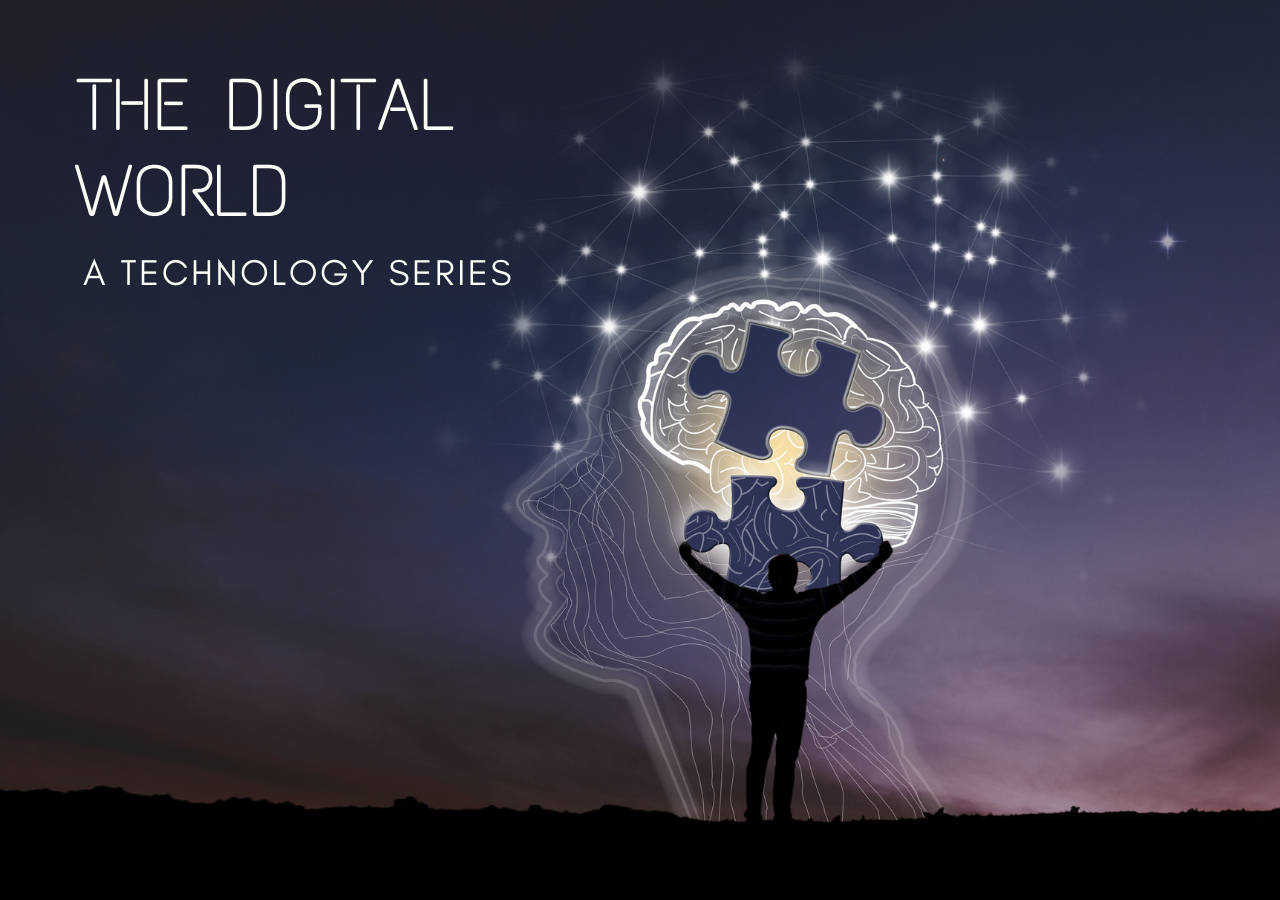Over the past decade, smartphones have become ubiquitous, no longer just a device we use, but more like the place or space where we live. In recent years wearable technology and smart home systems have also risen in popularity. These devices ease the burden of memorising tedious information, but it comes with a cost, namely a reduction in overall cognitive skills.
Individuals now rely heavily on their devices to remember even the slightest bits of information, and forgetfulness and poor recall has increased drastically. Children today are often amazed to find out that their parents once memorised dozens of phone numbers and birthdays. This is no longer needed, in part due to gadgets storing data externally, thereby freeing capacity from our long-term memory.
Psychiatrists worldwide have observed that overindulgence in the use of smartphones and other Internet-enabled devices can significantly reduce attention, decrease memory span, and thus accelerate early-onset dementia. The term ‘digital dementia’ was coined by the neuroscientist Manfred Spitzer who described that the overuse of digital technology could result in a breakdown of cognitive function. He proposed that short-term memory could begin to deteriorate from underuse due to the overuse of technology.
The most affected and high-risk populations are children and adolescents, due to their significant dependency on digital devices, at a time when their brain is still maturing. Keeping the above in mind, we might ask ourselves, are we heading in the right direction with the digitisation of everything?
Our brains have the ability to keep learning and growing as we age. If we make the effort to do so, it could help to stave off conditions such as dementia. Like many things in life, this requires a balance.
In our world, where so much of life has transferred into virtual spaces, it is not realistic to suggest abandoning devices and screens. There’s no need to throw away your smartphone. But we can all make an effort to reduce screen time and find other ways to interact with people and with the world around us. Here are four tips to manage this transition:
1. Train your brain:
Like other muscles of the body, if the brain isn’t put to use, it will begin to atrophy. To avoid this, do something every day to train and keep it active. Games such as crossword puzzles, sudoku, and board games are all helpful. Painting and practicing a musical instrument are also great ways to build and maintain cognitive skills, with the added benefit of taking a break from screens.
2. Let go of the crutch:
There’s no such thing as a good memory or a bad memory, but rather there’s a trained memory and an untrained me mory. When possible, try to think or remember for yourself, rather than rely on your device to do it for you. This helps to stimulate the brain. Learning another language is an ideal way to go about this.
3. Reduce screen time:
Parents should not feel pressured to introduce technology during the early years of a child’s life. Early Childhood Development professionals broadly agree that TV and digital devices need not be introduced to children under the age of two. They also suggest keeping the bedroom and mealtimes ‘screen-free.’
4. Increase play time:
The act of moving, especially outdoors, can activate the sensory cortex of the brain, developing fine motor pathways in the process, and improving balance and posture. Spending time outside and away from screens is vitally important for all age groups - children, adults, and the elderly.








